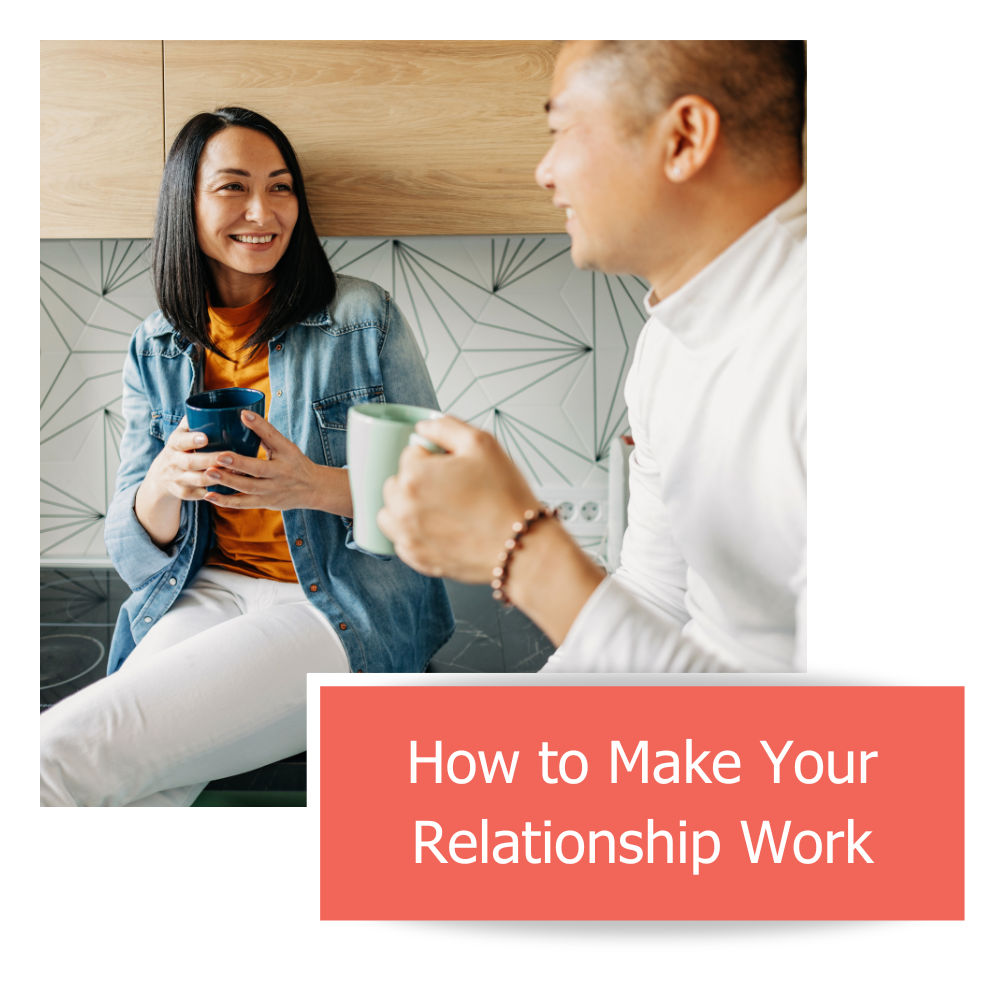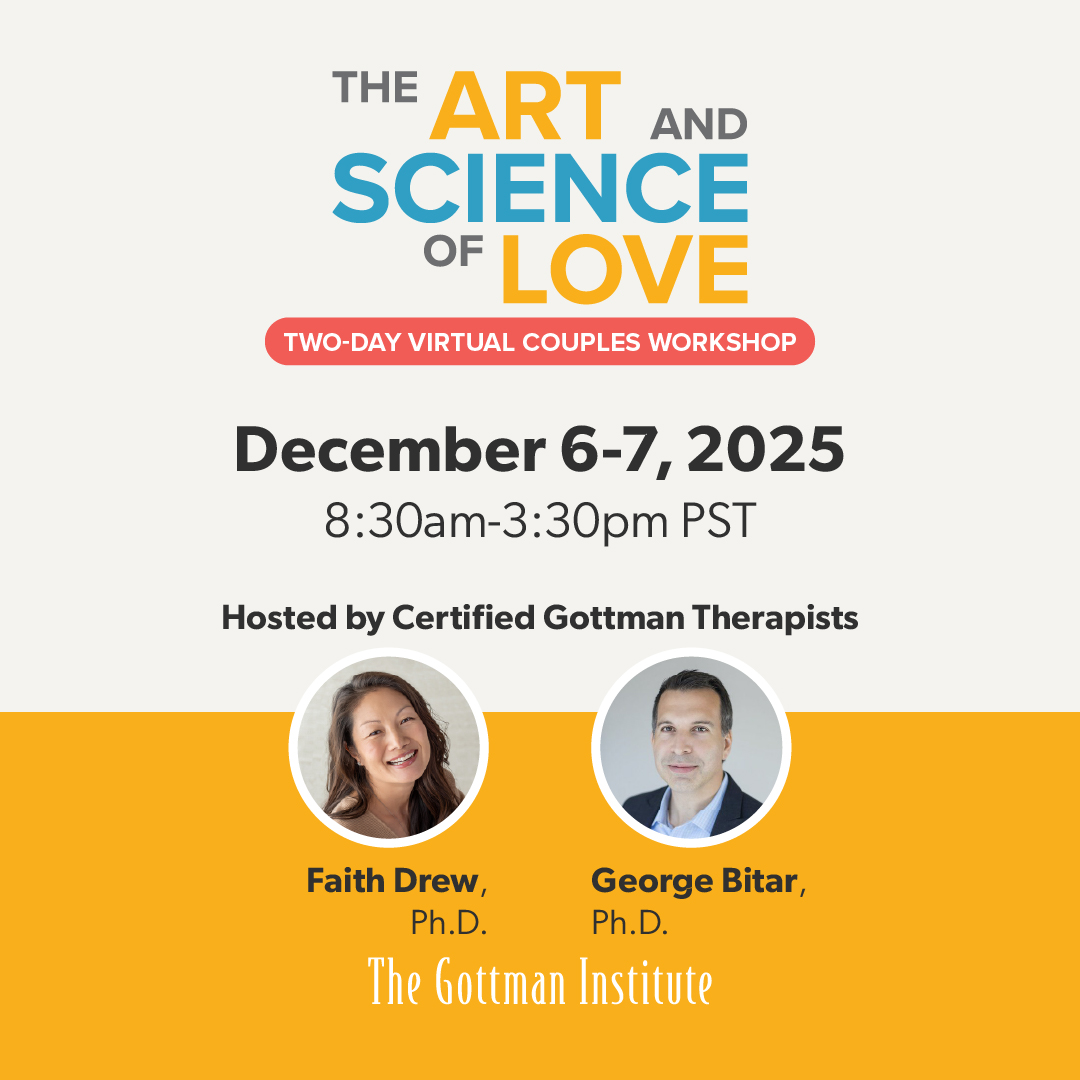I have this picture in my brain. It’s kind-of a flowchart for conflict. Maybe it’s a Venn diagram. It might just be a napkin scrawl that I’ve not yet drawn. In my mind, it’s a pretty clear pathway from relationship stability through conflict and ultimately to intimacy. I’m going to try and explain it in writing. See if your brain can picture it too. Here it goes.
We’ve already established that all relationships are going to have Problems. We’ve also explored the concept of Repair, which is the key to addressing the Conflict that arises from your Problems. In my picture, Problems simply exist. A couple can respond to Problems with Conflict or with Dialogue. Dialogue is good. It helps you avoid Gridlock. Conflict is not good, but it’s also not deadly. A couple can respond to Conflict with Escalation or Repair.
In the picture, that whole paragraph is to the right of, or maybe it’s below, Problems. So far what we’ve got is a notion of how Repair helps return the relationship to stability. I’ve already stated that Repair is my favorite concept in the Gottman lexicon. My second favorite concept is Turning. If Repair is the tool for diffusing Conflict, Turning is the tool for avoiding it. Turning is on the left side of the picture.
To understand Turning, you have to first understand Bids. A Bid is any gesture – verbal or nonverbal – for some sort of positive connection with your partner. Bids can be simple or complex and can represent a request for conversation, humor, affection, support, or simply for attention. Most are actually pretty easy to spot and respond to: “How do I look?” “Can you pass the guacamole?” “Will you help me change the bedspread?” Other bids are more complicated: “Want to go to yoga with me?” “Let’s learn how to play the guitar.” “Do you feel like fooling around?”
No matter the nature of the Bid, it is critical to learn to recognize and Turn Toward your partner. Dr. Gottman’s research revealed that Masters of relationships turn toward their spouses approximately 20x more than couples in distress. In a newlywed study, newlyweds who were still married six years after their wedding had turned towards each other 86% of the time; while those who were divorced within six years only turned toward each other 33% of the time.
Turning Towards is clearly best, but it can’t be assumed. The picture of Turning is fraught with its own complexities. In addition to Turning Towards, partners can Turn Away or Turn Against. Both are equally damaging to the relationship. Turning Away generally ignores the Bid. It can be a literal Turning Away, by rolling over in the bed perhaps, or symbolica, by disappearing into the newspaper or, more likely, the nearest screen. Turning Against is much more violent. We can turn against by mocking the Bid or punishing the Bidder. “What do you want? Can’t you see I’m just trying to watch the game! Ugh!” Both are equally damaging. The difference is that Turning Against leads into Conflict. Turning Away leads to Disengagement.
So get good at Turning Towards. It takes practice, but the good news is the research shows that Turning Towards leads to more Turning Towards. It’s a positive feedback cycle. And practically, there’s really no difference between Turning Towards and Enthusiastically Turning Towards. That means, you don’t have to say, “Yeah sure! You betcha! You look amazing! I’d love to pass the guacamole! Let’s get busy with the sexytime!” It’s simply means you have to be attuned to your partners Bids and respond with a kind awareness.
I have to confess, I’m not that great at Turning Towards. Or at least I didn’t use to be until I started practicing. For me, I started by just hearing the sound of my wife’s voice. Not listening, just hearing. I’d hear the sounds and then realize I needed to pay attention. I’d literally take a moment or two remember the sounds I heard and then reassemble them in my brain so that I could actually understand them. Then, I’d formulate a response, any response, that indicated that I was interested in loving my wife.
You’ve learned by now that my brain works in odd ways, but the point is that it works. Feel free to start anywhere. Again, you don’t have to have a complete strategy mapped out. Turning Toward fuels Turning Towards and keeps you on the left side of the picture. When you get good at Turning, you’ll spend a lot more time in the realm of stability and intimacy. To be sure, sometimes you have to go through Conflict to get there, but you can save yourself a lot of grief by building up the kind of positive sentiment that leads to relationship satisfaction.
I’d love to hear about your experiences with and strategies for Bids and Turning. And I’d be curious to hear your ideas about how to bring clarity to the lifecycle of relationship conflict and repair. Bonus points to anyone who emails me a coherent drawing of the picture in my brain. As always, you can reach me at zach@gottman.com or on Twitter at @KZBrittle.








